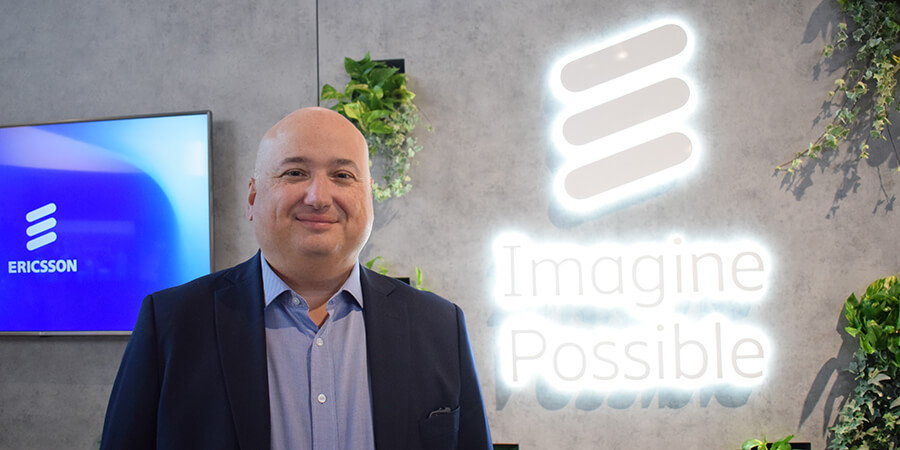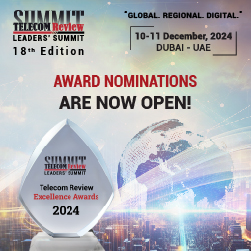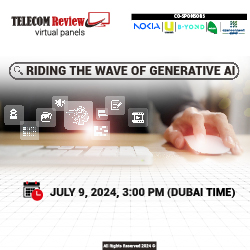During MWC 2023, Telecom Review held an exclusive interview with Fadi Pharaon, president of Ericsson Middle East and Africa (MEA), to discuss their participation in this year’s event, their contribution to the MEA region’s 5G demand and his insights on Africa’s technological trends.
“What we do today sets the foundation for what’s possible tomorrow.” What are the values that Ericsson hopes to both impart and gain from MWC 2023?
We're very happy to see the entire interest and crowd coming back to MWC after the pandemic era. We are focusing on three main topics this year. First is 5G monetization. One [question] which is on everybody's mind, particularly the operators who have already launched 5G, is how can we monetize on this latest mobile generation and what kind of services and innovations can we offer to our customers, be they consumers or enterprises.
The second one is how to accelerate networks, especially focusing on sustainability. The power consumption and how to minimize that throughout the entire chain of telecom fulfillment is a very hot topic.
Third is transforming enterprise, where we are looking at the opening and exposure of the network elements and characteristics to the wide population of developers so they can use them for their own applications.
From your point of view as regional president, what is the role of technology in supporting Africa’s sustainable future?
We've seen all over the world how critical and impactful communication — and in particular, mobile communication — has been in enabling growth for the economy and society, coupled with financial inclusion, empowered by mobile money. This has increased the GDP between 1–1.5%.
If you look at Africa, just three years ago, we saw that the 4G penetration was below 10%. And fast forward to today; it is actually above 20%. And I'm so happy to hear from all of our customers that they see an increase of smartphone-enabled 4G devices on the market, reaching 40 to 60% in coverage. And this is really opening up the door for the population of Africa to enjoy brand-new services that require high speeds and data for productivity, sales or even entertainment.
How do you keep up with emerging telecom technologies and industry trends in Africa?
Africa, actually, has been the center for one of the hottest topics that everyone is speaking about: mobile financial services. It started in Kenya and, since then, has really flourished across the continent. That is evolving now from being just a wallet transferring money from one phone to another to exposing the network ecosystem where service providers offer insurance and banking services, among others.
This will be continuing to flourish, and Ericsson is a big provider of such platforms. And another one where we see a lot of demand is how can we make our radio products less power-consuming, a very relevant topic today across the African continent. And I'm happy to say that our product line on the radio — on the hardware side — is already giving 30 to 50% benefits in power savings, and when you introduce AI software on top of that, such as deep sleep, you get another 15 to 20%. These are some of the technologies that are really coming in to benefit Africans.
As the demand for 5G technology continues to grow, what will be the role of Ericsson in MEA’s telecom industry to create a better world for tomorrow?
Ericsson is a technology leader, and we to pride ourselves [on being] ahead of the curve on 5G. We are super proud of the collaboration we have with all of our operators. Everybody looks at 5G as being about high throughput and low latency, but we believe that 5G can do much more than that. In fact, this is the technology that can really enable immersive experiences such as augmented reality, digital twins or the metaverse itself. We want to continue the great collaboration with all of our customers, enabling them to monetize 5G and to start offering more and more unique services to both consumers and enterprises alike.







